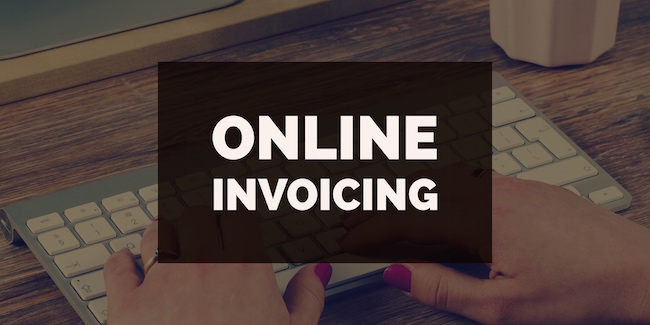Sending invoices, or bills, is one of the best parts of owning or running a business. Although they may be boring or time consuming to send out, sending them means you will get paid soon. There are multiple ways to invoice your clients or customers, but when it comes to paper vs online invoicing, which is better? Here are 5 reasons why online invoicing beats paper every time.
Table of Contents
ToggleSave Money on Postage
In the United States, it costs 47 cents to mail a first class letter. If you only send out an invoice here and there, that isn’t that much money. But, if you send out hundreds of invoices each year, this cost adds up!
If you really want to know how much you are saving on postage by using online invoicing, add it up through the year. You could be spending hundreds of dollars just on postage invoicing.
Sending invoices electronically via email saves you the cost of postage. Every little bit of savings helps, especially if it has been a tight year in your business.
Save Money on Paper, Ink and Envelopes
Printing is expensive. Even if you run stationary off through your office printer, costs still add up. By the time you calculate paper cost, ink or toner costs, and printer maintenance, you are probably spending another few hundred on materials for paper invoices. That doesn’t include paper and ink costs for other things in your business. Online invoices are electronic and thus don’t need paper or ink.
Better “Paper” Trail
With anything you do in business is best to have a trail of communication. That way if something goes wrong, you are able to back-up your work by showing what you have on record. When you mail paper invoices, you rely on the carrier to deliver your mail in a timely matter. We are most fortunate to live in a country where our mail service is fairly reliable with only a hiccup every now and then. But, once you mail a paper invoice, you won’t know if it was received until you get a check back in the mail.
If you follow up because they haven’t paid, and they said they never got the invoice, it’s on you. With online invoices, you can place a read receipt on the email or use a program that alerts you when they open the message. This way you’ll know they got it and at least looked at it. If they “lost” it in their email, it’s not too hard to reattach the invoice and resend.
Less Time Spent Sending out Invoices
Invoices take time to prepare and send. It takes time to enter it into your accounting system, and if you use paper invoices, it takes even more time to print the invoice, make sure it’s correct, stuff it in an envelope, place a stamp on it, and then mail it out. By sending invoices electronically, you save several steps by just creating the invoice, attaching it to an email and hitting send. No fuss, no mess. Plus, if you use an electronic payment system, you can also get paid the very same day you send invoices out.
Online invoicing is a great way to save yourself some time and money. Plus, there are some environmental factors to consider as well. In the end it comes down to what you and your clients prefer.











